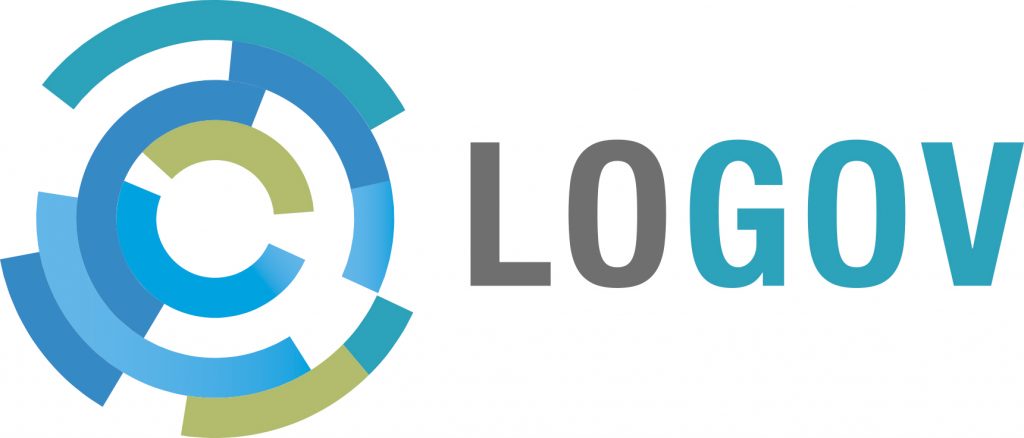Carol Mills, Institute for Public Policy and Governance, University of Technology Sydney
Relevance of the Practice
Australian local governments traditionally perform a range of regulatory functions including building certification, land use planning, development approvals, domestic pet management, parking, food and health inspections. While they continue to remain narrower than in many countries, there has been a progressive expansion of roles. This includes a growing range of economic, social and environmental services such as child care, youth programs, libraries, sport and recreation facilities, business development, environmental management and community health.
Rural and urban local governments in Australia provide very different kinds of services reflecting community needs and goals. The institutional frameworks which govern the local government system in Australia’s states and the Northern Territory must accommodate very different kinds of organisation. A one size fits all approach can act as a constraint to councils in terms of their operation and the division of responsibilities between elected councillors, the organisation and the community, particularly in rural and regional areas.
Description of the Practice
In many rural areas, local governments provide services that would normally be offered by the market or by state government. For example, Brewarrina Shire Council has partnered with Charles Sturt University to provide free dental services to its residents; Gilgandra Shire Council in New South Wales (NSW) provides a range of community services such as homelessness services and aged care; and, the Town of Esperance in Western Australia (WA) provides a wide range of aged care services. Additionally, the provision of primary health care (General Practitioners, nurses etc.) in rural areas of Australia is often viewed as insufficient. In response to this, rural local governments have created alternative solutions. Some provide infrastructure for GPs to use, others run their own medical practices. For example, Sandstone Council in WA provides a nursing post and access to doctors via the Royal Flying Doctor service. The Western Australia Local Government Association (WALGA) recently carried out a survey or regional health services in the state. Based on the outcomes of this survey, WALGA recommended that a further engagement be carried out with local governments to clarify effective and self-generated solutions which other local governments have implemented to recruit and retain health professionals to their areas.
Assessment of the Practice
Little is known about the extent or innovation of the new approaches local governments are taking to meet the needs of their rural communities. More research is required to better understand this practice, and how rural councils can best be supported to secure the services their communities require.
References to Scientific and Non-Scientific Publications
WALGA, ‘Regional Health Services in Western Australia. Survey of Local Governments`(2018) <https://walga.asn.au/getattachment/Policy-Advice-and-Advocacy/People-and-Place/Health-and-Wellbeing/WALGA-Regional-Health-Services-in-Western-Australia-Survey-of-Local-Governments-FINAL.pdf?lang=en-AU>
